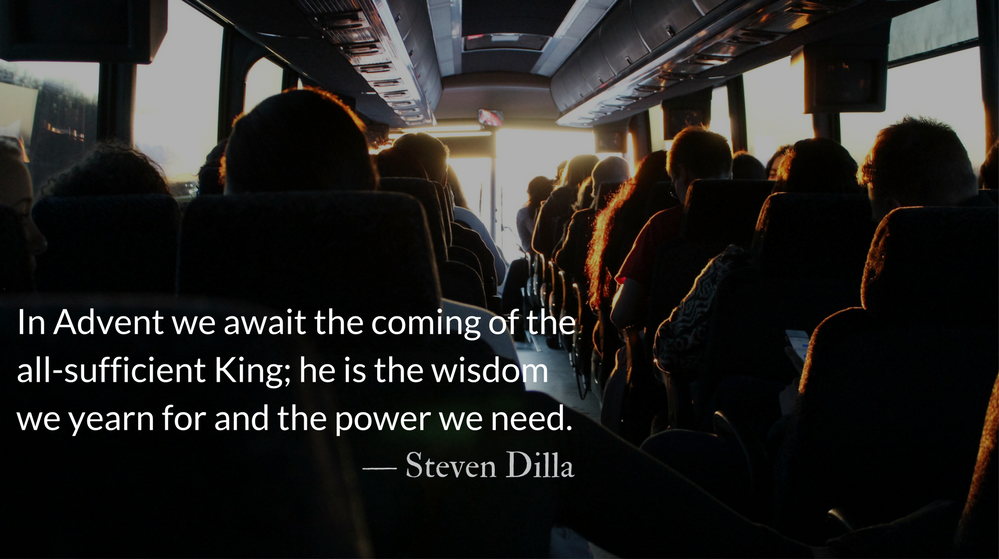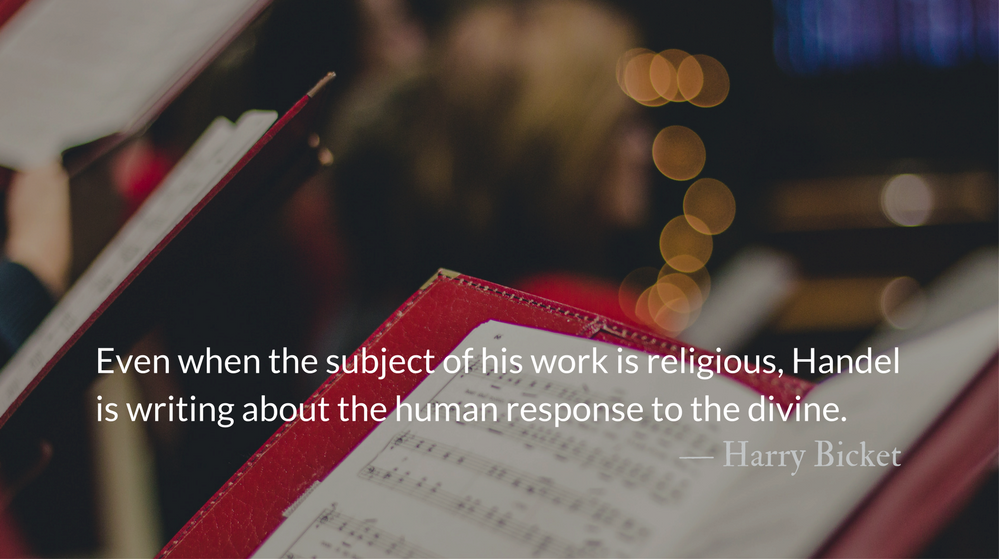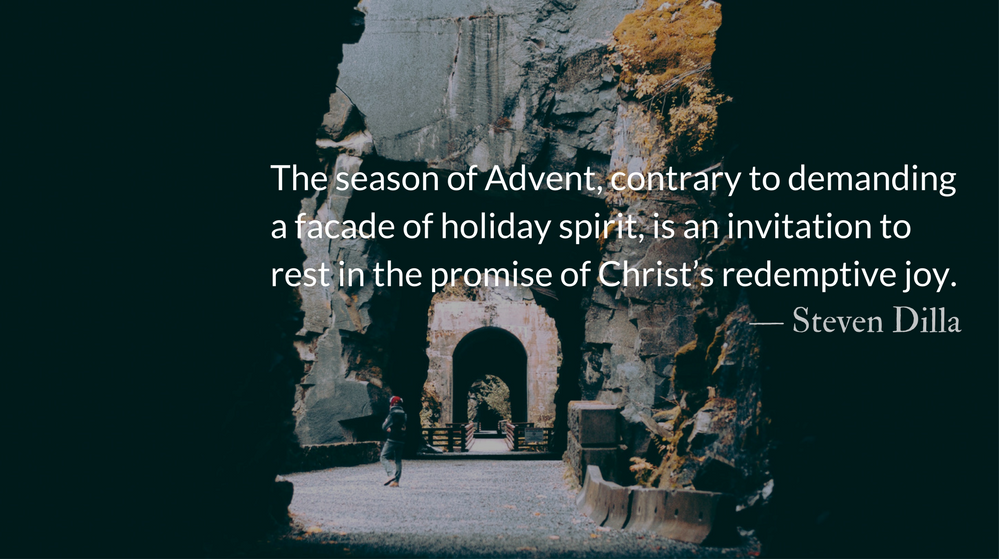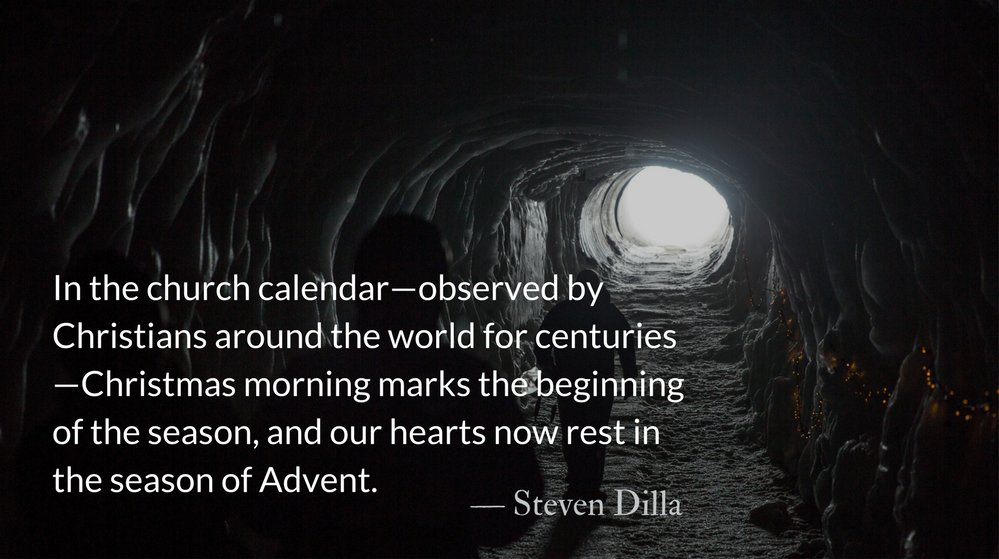Reflection: O Come, O Come, Emmanuel :: Advent’s Hope
The Park Forum
“Caesar is Lord,” the people would shout as his chariot traversed the streets. Rome’s elite culture—from philosophy to viaducts, engineering to economics—was unsurpassed and almost universally recognized as the hope of the world. It was stunning when the empire fell into decline.
In the end, Caesar proved not only unable to save his kingdom, but even himself. The fall of Rome plunged civilization into what historians have long-called the Dark Ages. For hundreds of years battles raged endlessly, pestilence and plague spread freely, and chaos seemed to gain the upper hand all too regularly.
The period isn’t significantly brighter in church history. Scripture was largely inaccessible, starving the Church of sound doctrine and increasing the growth of folk religion, superstition, and far worse. (The devastating interpretations of Scripture that lead to the crusades fomented during this time.)
“O come, Thou Wisdom, from on high, and order all things far and nigh,” wrote an anonymous monk sometime before 800 C.E. The words to “O Come, O Come, Emmanuel” cry out from the depths of the Dark Ages—longing for God’s presence, Emmanuel, to rescue humankind.
In some ways the unknown author behind this song is an outlier to his or her world; the lyrics demonstrate intimate knowledge of Scripture in a time of illiteracy. In other ways the lyricist was shaped firmly by the Dark Ages—depravity writ large—and its revelations of humanity’s limits. Even had there been a vision for restoration present, no one on earth would have been sufficient to breathe it to life.
O come, Desire of the nations, bind
in one the hearts of all mankind;
bid every strife and quarrel cease
and fill the world with heaven’s peace.
“Jesus is Lord,” is a revolutionary claim. It not only upends global empires, but whatever we would enthrone on our hearts to save ourselves from the insufficiency of our world.
In Advent we await the coming of the all-sufficient King; he is the wisdom we yearn for and the power we need. He is God, and his presence brings healing to our world and restoration to our hearts.
Listen: O Come, O Come, Emmanuel by Francesca Battistelli (4:20)
The Request for Presence
For God alone my soul in silence waits; truly, my hope is in him — Psalm 62.6
– From Christmastide: Prayers for Advent Through Epiphany from The Divine Hours by Phyllis Tickle.
Full prayer available online and in print.
Today’s Readings
1 Chronicles 28 (Listen – 4:45)
2 Peter 2 (Listen – 3:52)











